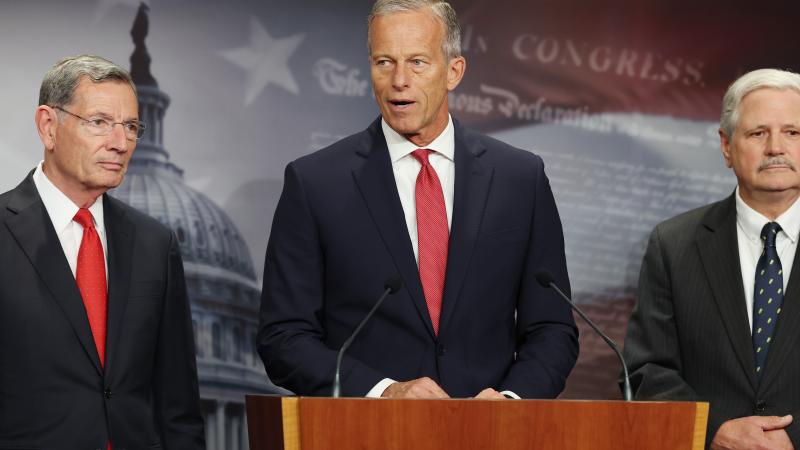FDA commissioner suggests 'misinformation' shortens life expectancy
The FDA chief indicated that, despite heightened efforts to raise awareness of good health habits, errant online information continued to affect public perception and discourage their adoption.
U.S. Food and Drug Administration Commissioner Robert Califf suggested in a recent interview that online misinformation about medical science and nutrition was adversely impacting life expectancy in the United States.
In discussing "health misinformation," he said it "relates back to this life expectancy." Califf made the remark during a CNBC interview during which he advocated for "specific authorities at FDA, FTC and other areas" to quash misinformation.
He further criticized the state of regulations that have not been updated to account for the viral potential of errant materials online.
"You think about the impact of a single person reaching a billion people on the internet all over the world, we just weren’t prepared for that," Califf said. "We don’t have societal rules that are adjudicating it quite right, and I think it’s impacting our health in very detrimental ways."
The FDA chief indicated that, despite heightened efforts to raise awareness of good health habits, errant online information continued to affect public perception and discourage their adoption.
"Why aren’t we using knowledge of diet? It’s not that people don’t know about it," he said. "Why aren’t we using medical products as effectively and efficiently as our peer countries?"
"A lot of it has to do with choices that people make because of the things that influence their thinking," he added. Califf went on to assert that many people refuse to take certain medicines due to false information present on the internet.
"Misinformation" has become a contentious issue as the government looks to combat errant online information, often through methods critics see as a path to censorship. In 2022, the Department of Homeland Security established a Disinformation Governance Board to combat misinformation, but promptly reversed course amid intense scrutiny.
Ben Whedon is an editor and reporter for Just the News. Follow him on Twitter.















